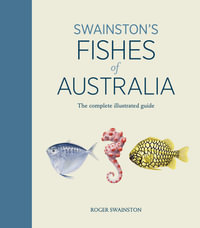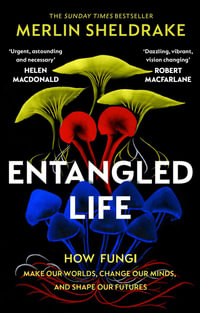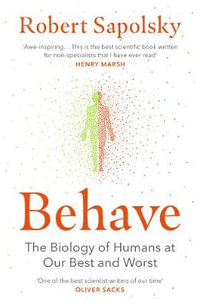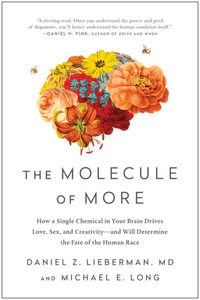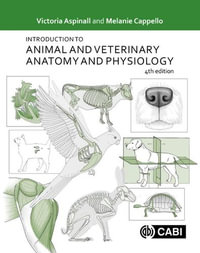
Domesticated
Evolution in a Man-Made World
Paperback | 19 July 2016 | Edition Number 1
At a Glance
Paperback
RRP $49.95
$38.75
22%OFF
or
Aims to ship in 7 to 10 business days
ISBN: 9780393353037
ISBN-10: 0393353036
Published: 19th July 2016
Format: Paperback
Language: English
Number of Pages: 496
Audience: General Adult
Publisher: W W Norton & Company
Country of Publication: US
Edition Number: 1
Dimensions (cm): 21.0 x 14.0 x 3.0
Weight (kg): 0.4
Shipping
| Standard Shipping | Express Shipping | |
|---|---|---|
| Metro postcodes: | $9.99 | $14.95 |
| Regional postcodes: | $9.99 | $14.95 |
| Rural postcodes: | $9.99 | $14.95 |
How to return your order
At Booktopia, we offer hassle-free returns in accordance with our returns policy. If you wish to return an item, please get in touch with Booktopia Customer Care.
Additional postage charges may be applicable.
Defective items
If there is a problem with any of the items received for your order then the Booktopia Customer Care team is ready to assist you.
For more info please visit our Help Centre.
You Can Find This Book In
This product is categorised by
- Non-FictionEngineering & TechnologyAgriculture & FarmingAnimal Husbandry
- Non-FictionScienceBiology, Life SciencesLife Sciences in GeneralEvolution
- Non-FictionScienceBiology, Life SciencesZoology & Animal Sciences
- Non-FictionScienceScience in GeneralPopular Science
- Non-FictionSociety & CultureSocial Issues & ProcessesAnimals & Society
- Booktopia's FavouritesThe Buzz Non Fiction Recommendations
- Non-FictionScienceBiology, Life Sciences











